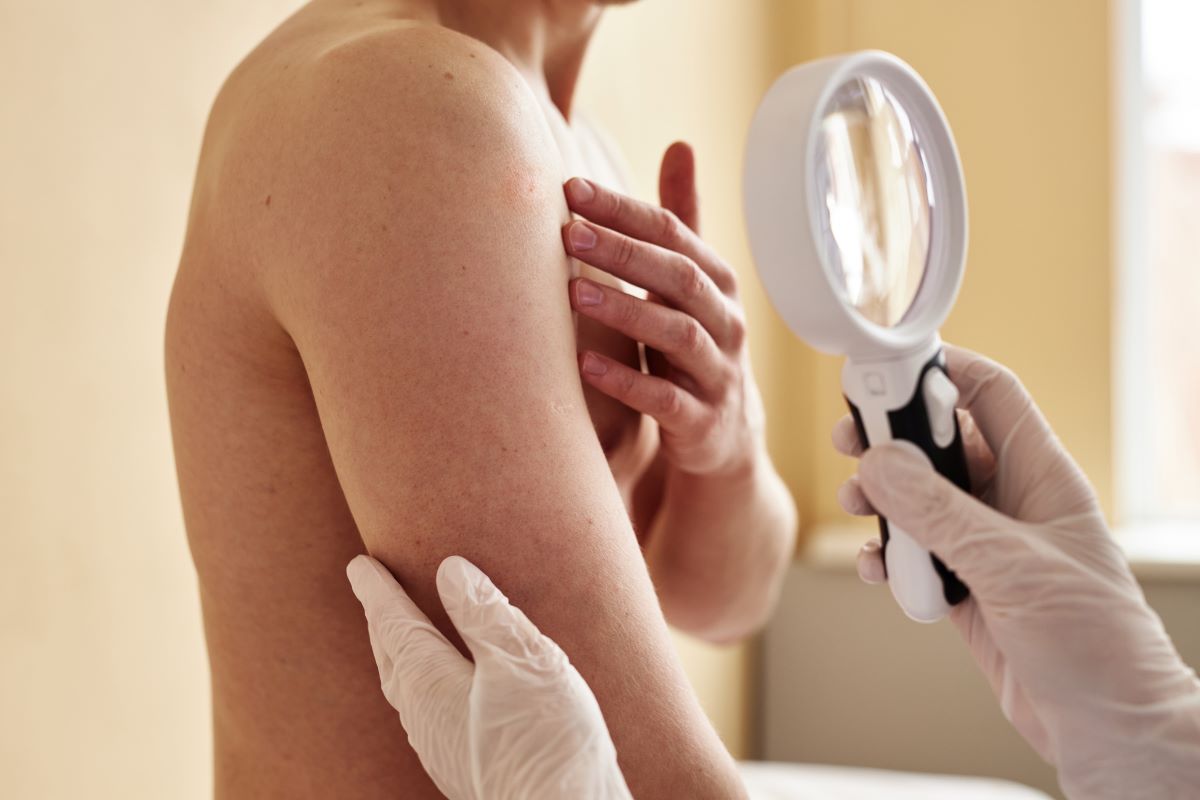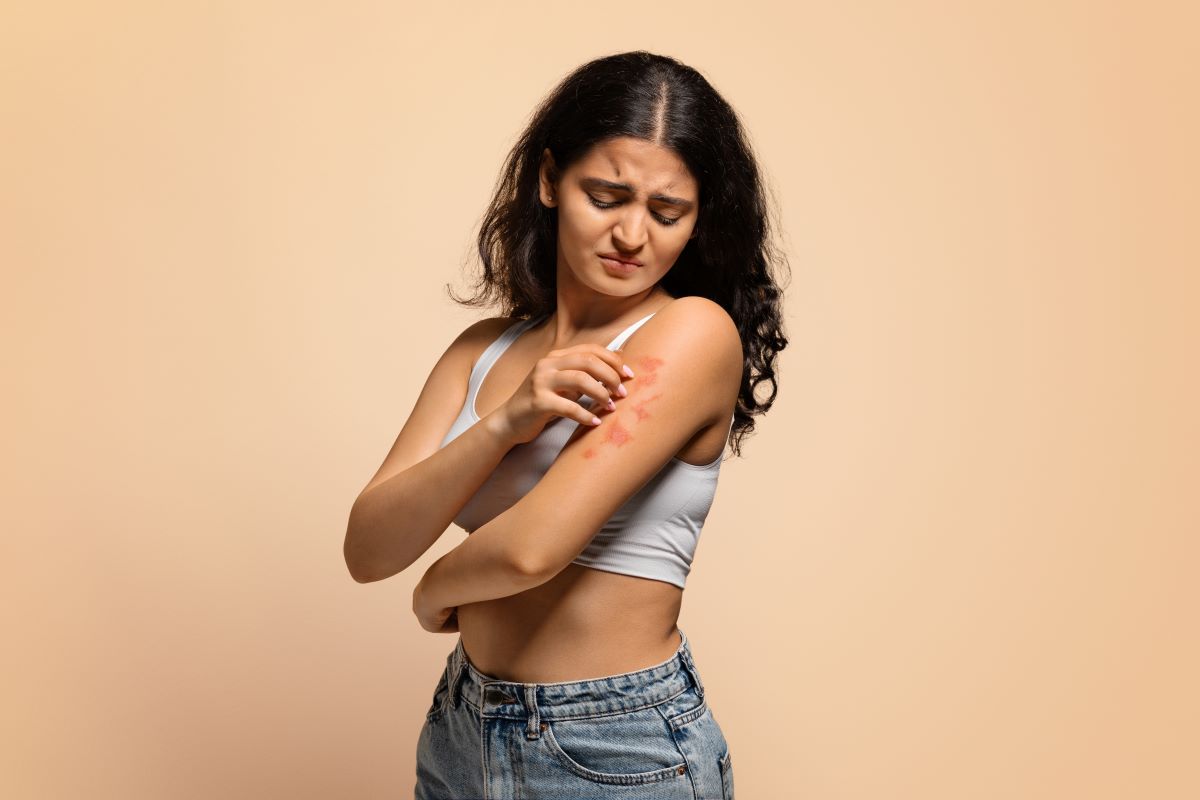Contact Dermatitis Treatment
Reclaim healthy skin and bid farewell to irritation.
Contact dermatitis is eczema caused by contact with a substance that irritates your skin or causes an allergic reaction. It can result in redness, itching, swelling, blisters, and dryness in the affected area. Contact dermatitis can affect any body part but is most common on the hands and face.
At NSS Dermatology, we understand the discomfort and frustration that contact dermatitis can bring. We tailor our specialized treatments to your needs based on symptoms and triggers. We also provide education and advice on avoiding or minimizing contact with the substances that cause your skin to react.
Reclaim healthy skin and bid farewell to irritation.
Contact dermatitis is eczema caused by contact with a substance that irritates your skin or causes an allergic reaction. It can result in redness, itching, swelling, blisters, and dryness in the affected area. Contact dermatitis can affect any body part but is most common on the hands and face.
At NSS Dermatology, we understand the discomfort and frustration that contact dermatitis can bring. We tailor our specialized treatments to your needs based on symptoms and triggers. We also provide education and advice on avoiding or minimizing contact with the substances that cause your skin to react.

What Is Contact Dermatitis and What Causes It?
Contact dermatitis is a skin condition that develops as a reaction to a chemical or other substance that touches your skin. There are two main types of contact dermatitis:
Am I a Good Candidate?
If you’re experiencing redness, itching, or skin irritation upon contact with certain substances, you may be a candidate for contact dermatitis treatment. Our team is here to evaluate your condition, identify the triggers, and design a tailored treatment plan.
Contact Dermatitis Treatment Frequently Asked Questions
Contact Dermatitis Treatment in Midtown Manhattan, NY
Don’t let skin irritation hold you back. Our specialized contact dermatitis treatment offers personalized solutions to soothe your skin and restore balance. Schedule your consultation at NSS Dermatology and let our experienced dermatologists guide you towards healthier, more resilient skin.





